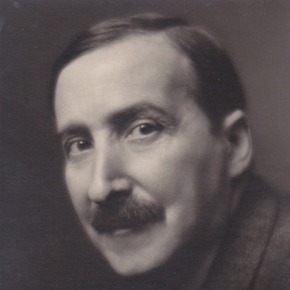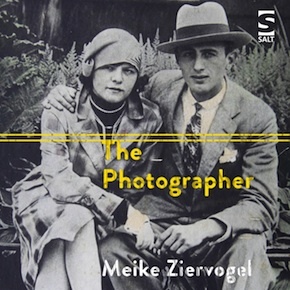
Lives in black and white
If we seek truths, we should look into fairy tales; at least this seems to be Meike Ziervogel’s advice, as she begins her novel with the all-familiar “Once upon a time…” It is still hard for Germany to search for truths, the many sore, dark, unspeakable looming truths behind the period of National Socialism, the...
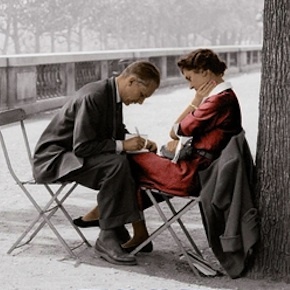
Catching the past
In 2014, Otto de Kat wrote a short essay for PEN, where he gives a poetic yet also practical definition of the art and skill of writing historical fiction, of crafting novels whose life must be fictional, and yet feistily rooted in factual reality. This genre has been his own home since 1998, when he...
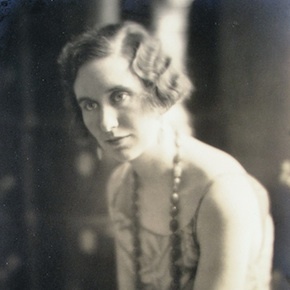
Seduced by utopia
“Now do tell me – what does it feel like to wake in the morning on a Tuscan farm?” Virginia Woolf asked a much younger Iris Origo in 1935. Invited to stay for tea at the Tavistock Square flat above the Hogarth Press, Origo, we may assume, obliged with a beautifully eloquent answer – after...
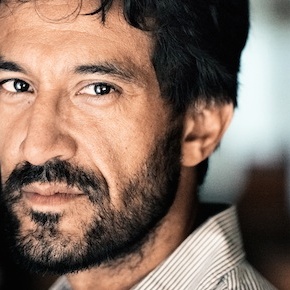
Steven Uhly: A life of encounters
The chance to converse with Steven Uhly is not just a meeting but a real and even formative encounter, a moment of wisdom, laughter, serious and relaxed humanity. He is someone with a very distinct presence, ineradicable and self-effacing at the same time, poetic and materially concrete. He exudes indomitable strength and very serene, reflective...
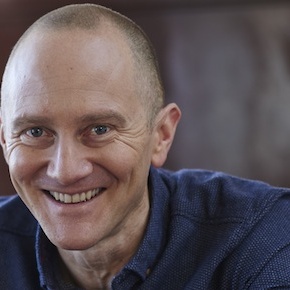
Chris Cleave: Across the divide
Chris Cleave’s latest novel, Everyone Brave Is Forgiven, is a London-set examination of the real impact of the Second World War, centring on an 18-year-old schoolteacher called Mary North. Cleave and I have tea one afternoon in Piccadilly to discuss it. There’s a reason why we’re drinking tea and not, say, vermouth. Cleave doesn’t drink....
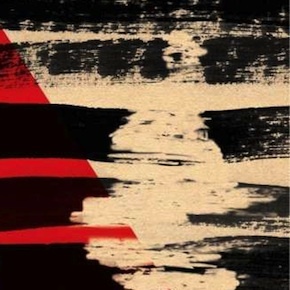
The hydra of memory and forgetting
“If you have no wounds, how can you know you are alive?” wrote Edward Albee in 1998’s The Play About the Baby. Steven Uhly’s Kingdom of Twilight could be said to be all about physical, psychological and historical wounds and about the true meaning of knowing oneself to be alive – the true worth of...
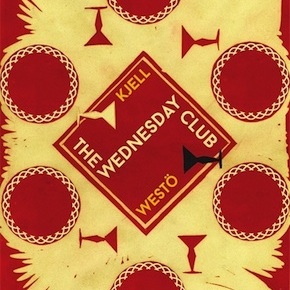
A mirage of horrors
“Our language lacks words to express this offence, the demolition of a man.” Primo Levi The question of how one writes, thinks or speaks about the holocaust and the ideologies and sociohistorical conditions that spawned it, is perhaps as vital now as it was in the direct aftermath of a period when the word ‘hell’...
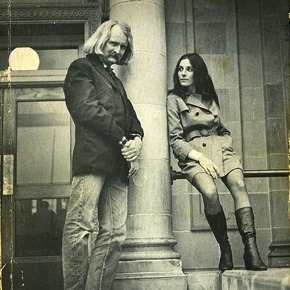
Waiting on the shelf
When my wife and I married fourteen years ago, our two bookcases became one. It was a lopsided union. Roxanne had cultivated her book collection for years, saving everything she read, all the way back to a desiccated hardcover anthology of Czech short stories she’d liberated from her public library in high school. I, on...
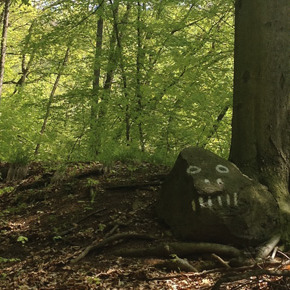
A road less travelled
When, in May 2013, in the middle of a deserted Polish forest 662 miles from home, I found myself being pulled to the ground by a salivating Alsatian intent it seemed on either wrestling the bag from my back or sinking its teeth into my arm, I remember very clearly having two distinct thoughts. One,...
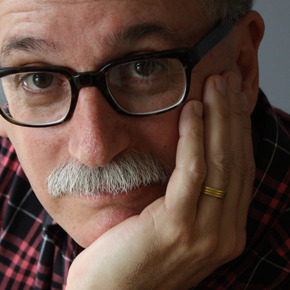
Jim Shepard: Some kind of hero
Jim Shepard’s The Book of Aron is a remarkable portrait of the complicated nature of heroism and courage in the face of human atrocity. His fictional commemoration of philanthropist and children’s educator-activist Dr Janusz Korczak is told through the eyes of a nine-year-old boy forced to live on his wits, who ends up in Korczak’s...
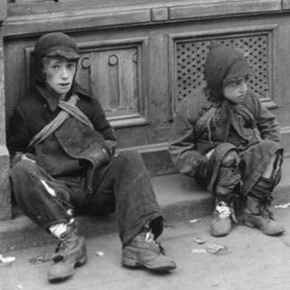
The sickness
More kids got sick but Madame Stefa still slept downstairs with the healthy ones and Korczak upstairs in the isolation ward. “It’s cold for May,” he said to me one night when I came up to sit with him. He was writing something while everyone else slept. “What’s that smell?” I asked. “The carbide in...

